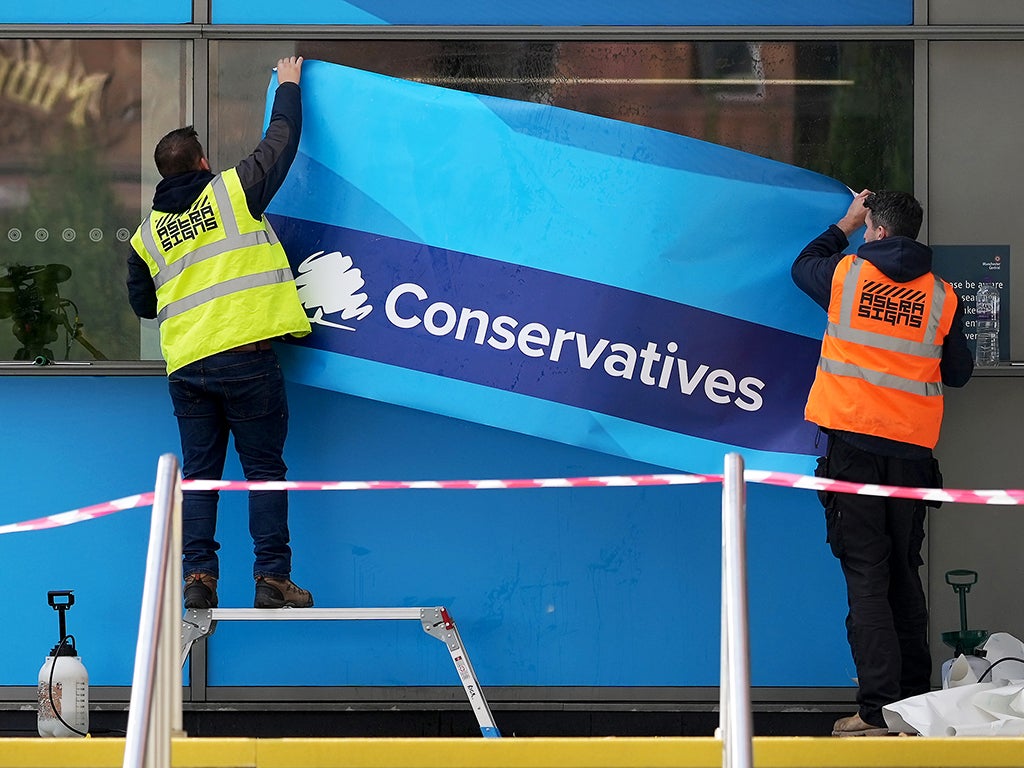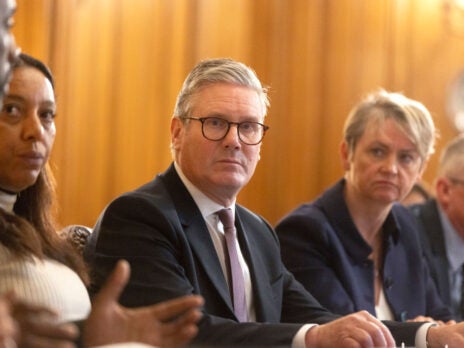
Boris Johnson has nowhere to go, except go. So, if he wants to cling to office, might the best option be an early general election?
It’s the nuclear option and the priority of Tory MPs in the event of one would be survival. And, as is often said, divided parties don’t win elections. Might the Conservatives band together and back Johnson one last time?
The likelihood of an early election happening is very low, and the likelihood of the Tories rallying behind the current PM is even lower. Conservative MPs can see the polls, and fewer and fewer of them are convinced of Johnson’s apparently unique electoral capacities.
An early election would be reckless for the government, not so much because of the events of the past 24 hours – though that is in no way helping Tory ratings – but because of the broader political outlook. The issues that matter most to voters do not favour the Conservatives at present. Voters no longer view the economy through the prism of debt and deficit in the way they did in 2010-15. The cost of living is now dominant and that leaves the Tories on the back foot.
Immigration, meanwhile, is now a priority for just one in ten voters, compared with around 50 per cent in 2014-15. Leave voters, who once prioritised “Getting Brexit done” above all else, are not immune from the effects of inflation and a majority, consequently, express disappointment with Johnson.
If an election was held now it would be reasonable to assume, once tactical voting is accounted for, that Labour would win a slim majority – a transformation from 2019 when commentators predicted that the party would struggle to get anywhere near power over the next decade, let alone the next election.
The Britain Predicts model, which currently doesn’t account for tactical voting, has Labour on 307 seats, with the Tories suffering big losses in marginals and suburban, commuter-belt seats in the south and east of England.
The metrics that matter for elections are not just the headline-voting intentions (crucial though they are). They also include the public’s preferred prime minister, the likeability of the leaders, and the parties’ standing on the economy.
The difference between now and the Ed Miliband years is that Keir Starmer leads the incumbent as the public’s preferred PM. Miliband never did. The difference between now and the Ed Miliband years is that the Conservatives do not lead Labour on the economy. Under Miliband, the Tories were ahead by as much as 10-20 points. And the difference between now and the Ed Miliband years is that Starmer leads his Tory rival on likeability, something we haven’t seen consistently from a Labour leader since Tony Blair.
Though these leads are small, they are unlikely to be reversed by the Conservatives as long as Johnson remains in office. To hold an election now would be like a pro-EU premier holding a referendum on EU membership with immigration the number one issue for voters. An early election now would see the Tories throw away a 74-seat majority and risk a greater defeat than the one already forecast – all for the sake of propping up one man in office.
[See also: Boris Johnson’s resignation won’t end the Conservatives’ brand problems]

